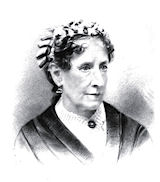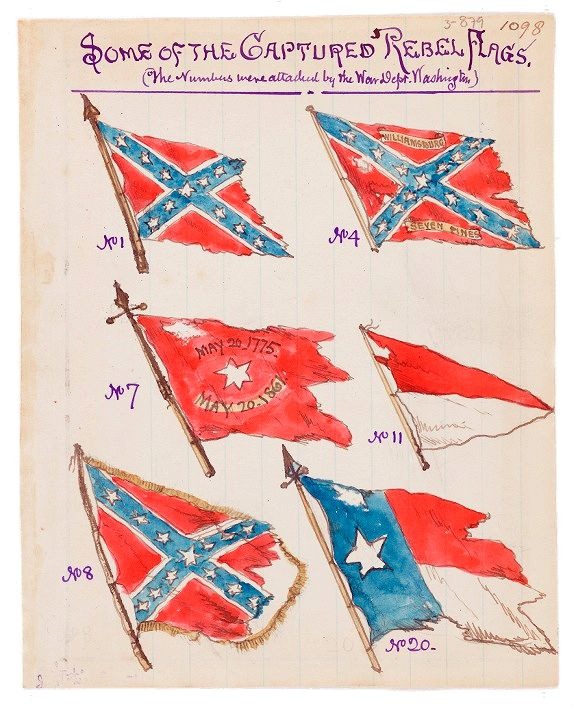October 6.—The rebel forces in Kentucky were flying in great haste from town to town, closely followed by the Union army under Gen. Buell. Yesterday a reconnoissance in the vicinity of Hardensville disclosed their presence, about twenty thousand strong; but, this morning, on the arrival of the advance column of the Union army, under Gen. Sill, it was discovered that they had fled in confusion toward Frankfort. General Sill followed them up, and arrived at Frankfort this evening, but only in time to see the last of the rebels flying from the opposite side of the town, in the direction of Lexington.
—A number of the citizens of Blackford County, Ind., collected, with arms in their hands, at Hartford, the county-town, for the purpose of resisting the draft They destroyed the ballot-box and enrolling papers, and compelled the commissioners and provost-marshal to resign.— Cincinnati Commercial, October 8.
—The rebels having succeeded in placing a battery at Cockpit Point, Va., on the Potomac, with a view to restore the blockade of that river, one of the Union fleet of gunboats ran into the Point to-day, and shelled it, entirely destroying the battery.—The Thirteenth regiment of New Hampshire volunteers, under the command of Col. A. F. Stevens, left Concord for the seat of war.
—Charles Sumner delivered an elaborate and powerful speech at Boston, Mass., indorsing the Emancipation Proclamation of President Lincoln, and advocating the cause of the African race, who, “slave as well as free,” must help the National Government. At the conclusion of his remarks, George Francis Train, being called for, took the platform, and, refusing to yield it, was carried off by the police.—Boston Transcript, October 7.
—A reconnoitring party of Union troops, consisting of the Sixth United States cavalry, supported by two guns of Robertson’s battery, left Bolivar Heights, near Harper’s Ferry, and proceeded to Halltown, Va., driving the rebel pickets before them. When near Charlestown, the Union advance came upon a force of rebels, and a short skirmish ensued, resulting in the flight of the latter. Soon afterwards the rebels commenced throwing shells, but the Union forces, having positive orders not to bring on a general engagement, withdrew after having obtained the desired information.
—The One Hundred and Forty-second regiment of New-York volunteers, Col. Roscius W. Judson, left Ogdensburgh for the seat of war.— The Eleventh regiment of Rhode Island volunteers, under command of Col. Edwin Metcalf, left Providence for Washington.











